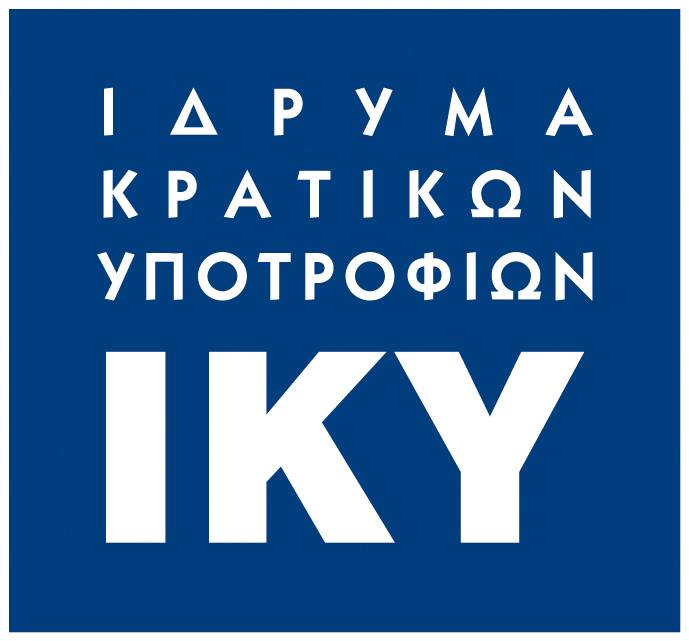The Refugee Issue as an Issue with multiple sides
As we attend this summit on refugees, it crossed my mind that we are here at Thessaloniki, a city that was developed or built up, after the Byzantine times, by refugees: Jewish refugees from Spain…Christian refugees of Greek, Armenian and other origin that came later from Turkey and mixed up with the natives. As a matter of fact, I don’t think one can find any person in this city that is not related by family ties or being relatives to refugees. If you don’t believe me, follow one of the matches of the major football team named PAOK and observe their signs: many of those proudly refer to that quality: PROSFIGES. i.e. REFUGEES.
Of course, the refugees of 1922 were all white, Christian, and most of them, of Greek origin. Nonetheless, these qualifications did not prevent many of the native co-patriots to declare in any opportunity and spit-out to their faces the fact that they were UNWANTED.
So, regardless of ethnicity, of period of time or geography, refugees have always been for many, an unwanted situation. Even here, in the country of Xenios Zeus, the God of hospitality, these cases are not absent (I have a hidden hope the case to be seldom). [I take out the opportunity, to stress out the fact that the father of all Gods was the God of hospitality: a feature that reminds us that the refugee issue or problem, if you like, can be viewed from many perspectives: It can be seen as an economic problem. It can be seen as a problem of unknown human races arriving somewhere and awaking-up the fear of unknown. Or hostility feelings. Racism. How about cheap labor and exploitation. But also, thank God, cases of Heroism. Do not forget people like the baker in the Ireland of Cos who opened his shop to let people get bread for free.
Political issues like the future of Europe. Is it threatened? Will Europe survive the separation between countries tolerating refugees and other who shut their doors and borders? Or the problem of integration. Or the issue of non-integration, that we face here in the South: how you can integrate people that have as their only dream to leave the country and emigrate to the North. What kind of education can you provide in this case?
The list is long. And I am really happy that within the Erasmus+ programme there are opportunities for groups of people from different countries to collaborate and discuss, think, suggest solutions on how to educate, practice, see new perspectives for and with the refugees. Help the local societies or the education system to handle cases. To think about the problem.
The aim of the Strategic Partnership Project presented today is to create a digitalized university programme for stakeholders who support refugees/immigrants in terms of integrating them in higher education, providing psychosocial support and familiarizing them with the health and law foundation of the European countries.
We hope that the outcomes of this project will give useful information to all relevant stakeholders and will help create a framework at EU level for the admission of young refugees/migrants into Higher Education Institutions.


